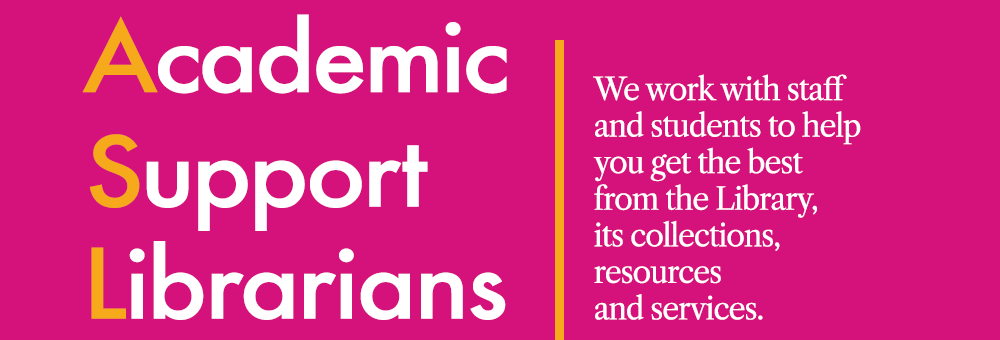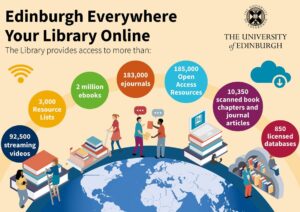We’re midway through the first semester now, and many students will have settled into the routine of lectures, seminars and practical class preparation. You may even be thinking ahead to the end-of-module deadlines moving ever closer, and beginning to consider how to research and write assignments. For some students this can be stressful or confusing as they realise they don’t really know where to start with looking up resources to back up their work. Don’t panic though, we’ve got you!

Enter, LibSmart! This is our online information literacy course which you can access via Learn at any time throughout your studies. It’s self-enrol and open to absolutely everyone, and will provide you with a great grounding in how to access resources online and via the library, and how to reference your research correctly. There’s five modules in LibSmart I and although we recommend you work through them all, you can dip in and out of the bits you feel you need a bit of help with.
If you’ve completed that, you may find that you want to go a step further. In that case, check out LibSmart II which has ten modules on a variety of different topics all designed to help you get to grips with a specific focus. Unlike LibSmart I we don’t ask you to work through all the modules here, just pick ‘n’ mix your favourites! You might be interested in health information and systematic reviews, or legal information and government and policy research. Maybe you’re unsure of what’s in our Special Collections and you’d like to explore that more fully. Students who’ve completed these modules before have said that they’re extremely useful and relevant to their work.
If this sounds interesting to you, you can find out more on the LibSmart webpage. Remember you can access LibSmart any time you like throughout the year, and for each module you complete you get a digital badge!
There’s a video here on how to self-enrol in case you’re unsure of the steps. Hope to see you in LibSmart soon!










